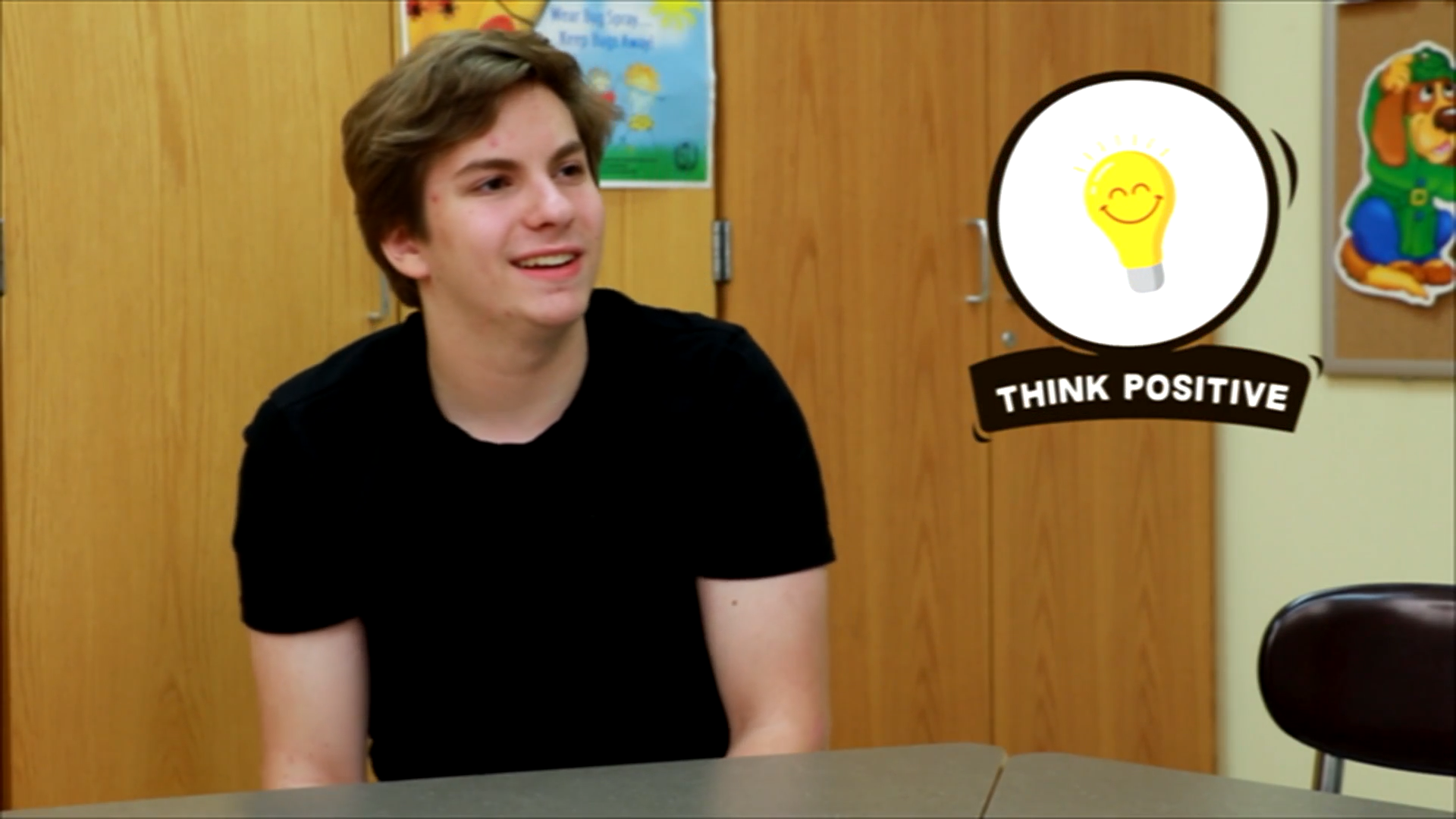Introduction
Positive self-talk is a powerful tool that students can use to improve their self-esteem, confidence, and overall well-being. It involves thinking and saying encouraging statements to oneself throughout the day. In special education, teaching students the value of positive self-talk can help them overcome challenges, build resilience, and develop a healthier mindset. This blog post will discuss the importance of positive self-talk and provide a no-prep activity for educators to use with their students.
No-Prep Activity: The Positive Self-Talk Challenge
This activity requires no preparation or materials, making it an easy and versatile way to introduce positive self-talk to your students. Here’s how it works:
- Ask your students to sit comfortably and close their eyes.
- Guide them to think about a recent situation where they felt discouraged or faced a challenge.
- Encourage them to identify a negative thought they had about themselves during that situation.
- Ask them to replace that negative thought with a positive I-statement, such as “I can do this” or “I will get it next time.”
- Have them repeat their positive I-statement silently in their minds for a few minutes.
- Invite students to share their experiences with the class, discussing how the positive self-talk made them feel.
This activity helps students practice using positive self-talk to shift their mindset and boost their confidence in challenging situations.
Discussion Questions
To stimulate further discussion and reflection on the topic of positive self-talk, consider asking your students the following questions:
- Why do you think positive self-talk is important for our well-being?
- Can you think of a time when using positive self-talk helped you overcome a challenge or improve your mood?
- What are some other I-statements you can use to practice positive self-talk?
- How can you remind yourself to use positive self-talk throughout the day?
- How might positive self-talk affect your relationships with others?
Related Skills
In addition to positive self-talk, there are other essential skills that can benefit students in special education. Some related skills include:
- Goal-setting and planning
- Problem-solving
- Emotion regulation
- Active listening
- Assertive communication
By incorporating these skills into your curriculum, you can help your students develop a well-rounded and healthy approach to navigating their daily lives.
Next Steps
Positive self-talk is just one of many valuable skills that can improve the lives of students in special education. To explore more resources and activities to support your students’ social-emotional learning journey, sign up for free sample materials from Everyday Speech. You’ll gain access to engaging and effective tools designed to help your students build confidence, resilience, and a positive mindset.






